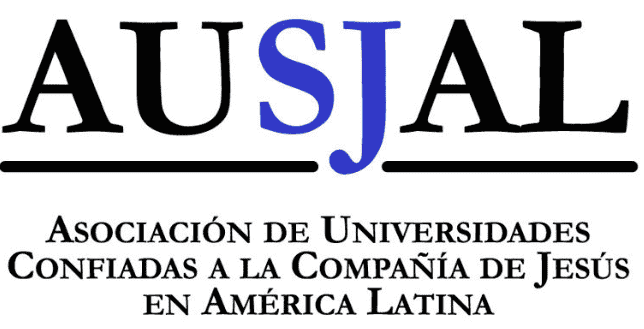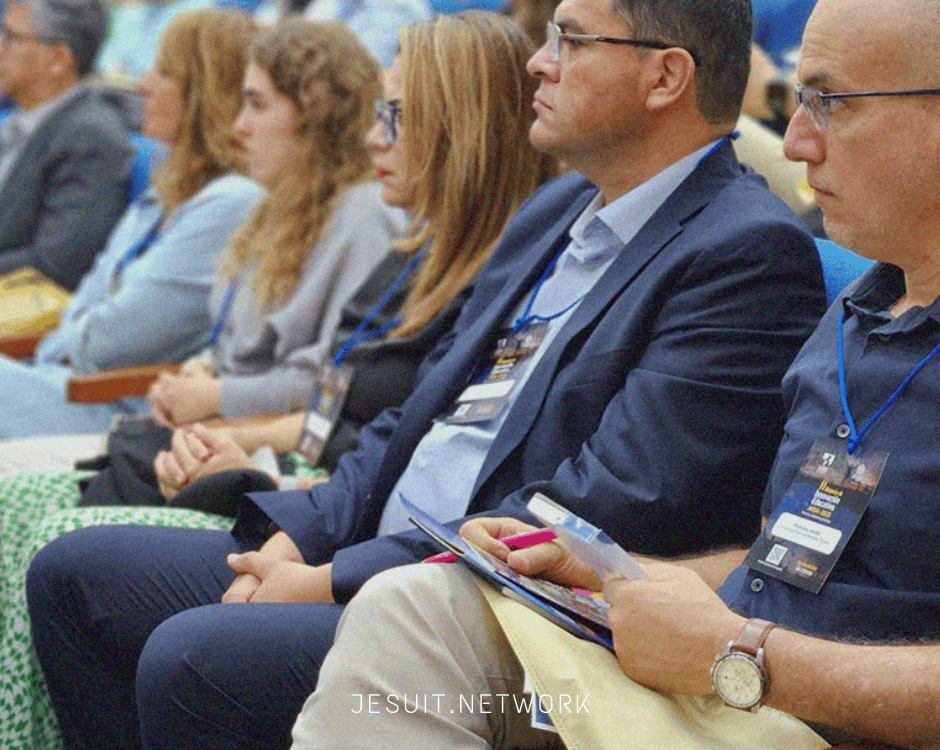This website uses cookies so that we can provide you with the best user experience possible. Cookie information is stored in your browser and performs functions such as recognising you when you return to our website and helping our team to understand which sections of the website you find most interesting and useful.
AUSJAL, Lessons from Networking Latin American Universities
AUSJAL is a network of networks of universities and higher education institutions entrusted to the Society of Jesus in Latin America and the Caribbean. Unlike other university networks in the region, their work is mission center and seeks a greater and better contribution of universities to Latin American societies. Based on networking collaboration, it develops programs and projects that seek to strengthen the mission and identity, the academic quality and the internationalization of Jesuit universities in the region.
In this post, I would like to point out 10 of the major lessons learned from the development of the AUSJAL network during the last decade. I think some of those lessons can be useful examples for other apostolic sectors of the Society of Jesus, as well as for higher education institutions which try to develop and work as network.

- The model networking of AUSJAL as a network of network of peers has proved to be a good strategy. Likewise, the AUSJAL´s model has been able to keep a good balance between the structure of governance of the Society of Jesus and the horizontal networking mode of collaboration.
- The process of creating a network is contingent to the context, people and time. It is unreasonable to try to copy the structure of any international higher education network. Organizational culture tends to preserve the status quo and resists change. However, on the basis of our same Ignatian identity and mission, culture can be shifted to become an ally of change, if the right strategy and incentives (especially, results that add value to all institutions) are identified, agreed and applied.
- Planning the development of the network is not an academic or a theoretical exercise. The planning process has to be pragmatic and simple, a combination of bottom up and top down strategies and strongly based on achieving agreements on clear goals and resources to be invested.
- Communication is crucial for the functioning of a network. Therefore, a strong a professional communication strategy is required.
- The Jesuit higher education network exists to support the work of its members and to add value to what they are doing or to develop what they are not doing or cannot do it alone (or even imagine alone). Networking is time consuming and building an international higher education network takes time. If your institution want to develop an initiative quickly do it alone, but if you want to do it better or cannot do it by yourself, then do it by networking collaboration.
- Decentralization & coordination have been the major principles applied in AUSJAL, both require listening and consultation, which are pretty much in line with the Ignatian way of leadership.
- It´s better to follow an incremental strategy for the creation of a HE network. It is better to start with projects that are achievable and have clear benefits for the majority of the institutions. Therefore, identifying common projects that are achievable, have high impacts and add valuable to institutions is the most important task (What to do?).
- For the case of AUSJAL, using a basic project management methodology (How to do it?) increases the success of the network. It allows monitoring, meeting the timetable and accountability.
- Everybody is a “primus inter pares” in networking collaboration, but someone has to look for the common interest and solve the collective action problems. Networking people are needed and they have to be empowered.
- Finally, it´s better to create the network by fostering collaboration with other Jesuit organization and networks. Collaboration always beats competition, at least in the realm of networking.
On this video you can see how AUSJAL works!





